Young South Africans reflect on 31 years of democracy
In commemoration of Freedom Day on April 27, and thirty-one years of democracy, POST reporter NADIA KHAN, spoke to young South Africans on how far they believe we have come as a country and the role they can play in addressing critical issues.
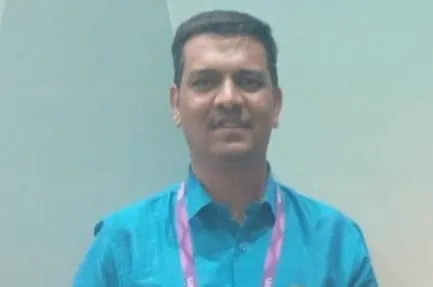
Ashlin Ellan.
Image: Supplied
In commemoration of Freedom Day on April 27, and thirty-one years of democracy, POST reporter NADIA KHAN, spoke to young South Africans on how far they believe we have come as a country and the role they can play in addressing critical issues.
- Ashlin Ellan, 28, of Avoca in Durban, said while the Constitution was one of the most progressive in the world, the lived experiences of many South Africans, especially those in underprivileged communities, did not always reflect the rights it guaranteed.
Issues such as unequal access to quality education, healthcare, and employment opportunities still plagued society, he said.
“While the rights are there on paper, the implementation and enforcement remain inconsistent.”
Ellan, a teacher and community youth ambassador, said unemployment was one of the biggest challenges faced by the youth.
“Many young people, even with qualifications, are unable to find work, leading to disillusionment and a sense of hopelessness. Access to tertiary education is another barrier, and those who manage to enter often carry the burden of student debt.
“Social issues like substance abuse, crime, and mental health are also on the rise, exacerbated by limited support systems and opportunities. Racial inequality, though more subtle today, still exists in access to resources and professional advancement,” he said.
Ellan encouraged the youth to become more active in civic engagement, such as voting, volunteering, entrepreneurship or advocacy.
“We also need to demand better leadership and hold those in power accountable.”
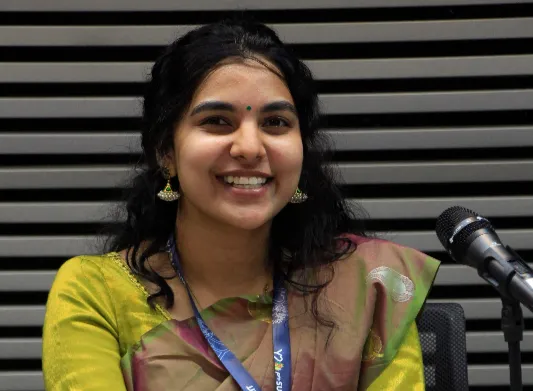
Paleni Iyer.
Image: Supplied
- Paleni Iyer, 24, of Durban, said in 2025, citizens did not have rights as enshrined in the Constitution.
“I don't see mine and many others' right to a ‘safe and healthy environment’ being met.”
Iyer, an environmental justice advocate, said with the many extreme weather events recently, no disaster plans had been in place and few resources were provided for those affected.
“The current rate of climate change is increasing at a rapid pace and it is becoming almost dangerous to live in South Africa. There are too many natural disasters and many areas are struggling to survive the constant devastation.”
Iyer said some of the critical issues faced by the youth included societal pressure, financial insecurity and Gender-Based Violence (GBV).
“The youth need to be courageous, confident and aware of the social injustice issues around them. They should join youth-led programmes that can provide them with the necessary knowledge, skills and network that will enable them to learn, grow and make a difference.”
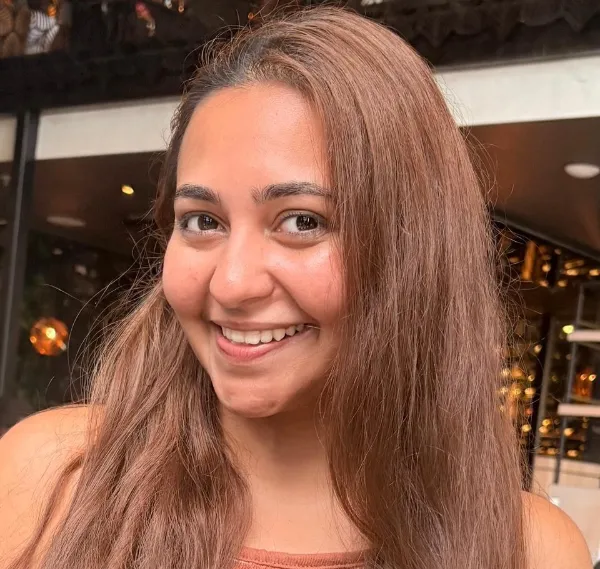
Aisha Adam.
Image: Supplied
- Aisha Adam, 23, of Kimberley in Northern Cape said the Constitution was meant to guarantee a range of fundamental rights, including equality, dignity, healthcare, and protection for women and LGBTQ+ individuals.
“However, the mechanisms meant to enable access to these rights, such as the criminal justice system and the public healthcare sector, are compromised. In reality, accessing one right often means compromising another.
“The gap between constitutional promise and lived experience remains wide, and until systemic reform takes place, the full realisation of rights for all South Africans remains aspirational rather than actual, ”she said.
Adam, a pharmacist, said one of the most pressing issues faced by the youth was unemployment, particularly among healthcare professionals.
“In early 2025, the country saw nationwide protests by unemployed healthcare workers, including doctors, nurses, dentists, and pharmacists, demanding jobs and improved healthcare infrastructure.
“A particularly large and vocal group has been the unemployed pharmacists. The exclusion of pharmacists from the Ministry of Health's recent absorption plan, which prioritised 1 650 healthcare professionals but omitted pharmacists, is concerning. This neglect reflects a broader pattern of marginalising pharmacists as secondary contributors to healthcare, despite their vital role in being custodians of medicine and oftentimes, the first point of contact for patients,” she said.
Adam added that to effectively address the critical issues, the youth needed to assert their presence within both civic and political arenas.
“This requires advocacy, direct engagement with policymakers and active participation in leadership and policy-making processes. A unified, collective voice will carry greater weight in demanding systemic change.”
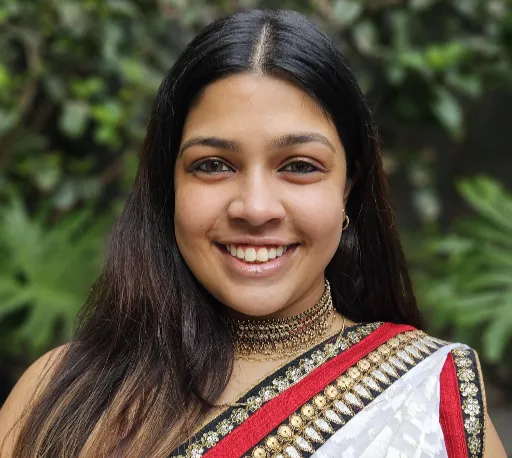
Yashka Singh.
Image: Supplied
- Yashka Singh, 29, of Johannesburg in Gauteng, said while the rights enshrined in the Constitution had been enforced, not everyone was able to fully enjoy it due to various challenges, including equitable access.
“The law prohibits discrimination but there is still gender, racial, and economic inequality in healthcare, employment and education. The Constitution also guarantees adequate housing, but we are surrounded by many informal settlements where people don't have access to those amenities that are stated.
“In addition, the public healthcare system is understaffed and overburdened. This one is personal to me. This definitely impacts people's right to access healthcare. While it is available, it isn't equal and fair,” she said.
Singh, a medical officer, said one of the critical issues faced by youth was that basic education was not up to standard.
“The low pass mark and disparities in education means that many young people do not leave school equipped to enter the skilled workforce. For those who are able to get a tertiary education, the challenges don't stop there. There are expensive university fees, which lead to many financial exclusions. A university degree also doesn't guarantee employment. Many stay unemployed in their own country forcing them to leave and perpetuating the brain drain.”
Singh added that youth have always been a catalyst for change in South Africa.
“If one looks at the Soweto Uprising and #FeesMustFall movement, the youth shouldn't lose that power. They need to educate themselves and others about their Constitutional rights. By understanding their rights, they will empower other youth to speak up when rights are being violated. Most importantly, they should vote and hold leaders accountable for their promises and challenge them to deliver.”
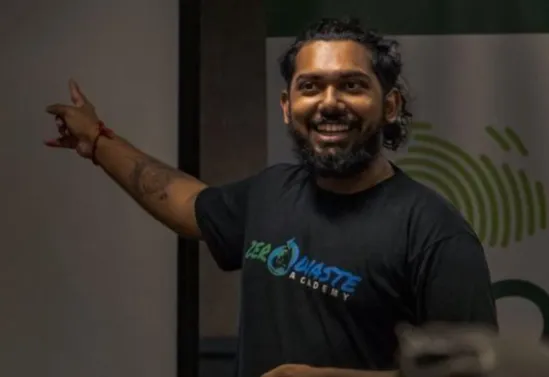
Taylen Reddy.
Image: Supplied
- Taylen Reddy, 24, of Phoenix in Durban, said 31 years into democracy, many were still fighting to experience the economic freedom that was promised.
“Many people don’t have access to clean air, safe housing or even proper waste collection. That’s a violation of environmental rights and of their dignity and health.”
Reddy, an environmental justice organiser and activist, said unemployment was a massive concern among youth.
“It is layered with lack of access to equitable jobs, outdated education systems and a general feeling of not being heard. We are constantly told that we are the future, while not being given the trust, tools or the platforms to shape that future meaningfully. Many young people feel locked out from leadership spaces or even job markets. The problem isn’t that young people aren’t trying, it is that the system is still structured to benefit a few, while excluding the rest.”
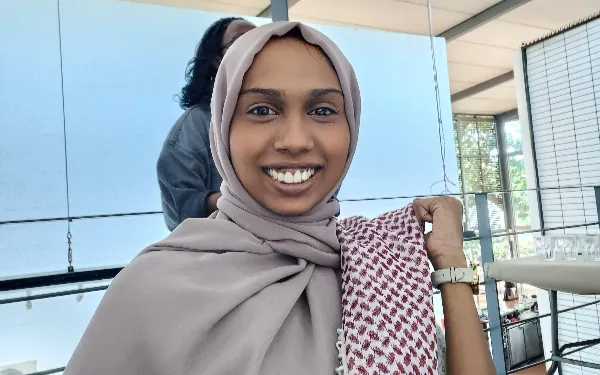
Shaakira Davood.
Image: Supplied
- Shaakira Davood, 24, of Bonela in Durban, said the government lacked the ability to implement the Constitution.
“For example, there is the right to basic needs such as water, yet many communities across the country are denied access due to ongoing outages or shedding. Also, GBV in our country is at its highest. These are just some ways in which the Constitution, while existing to protect us, continues to fail in its enforcement and delivery.”
Davood, a researcher, said unemployment existed as a cornerstone to a myriad of issues the country faced, including corruption, illegal occupation, violence, and substance abuse.
“If critical issues such as access to basic needs, protection of life, and employment, among others, are not addressed, we risk a future where inequality, instability, and disillusionment deepen, threatening the well-being of future generations and the fabric of our country.”
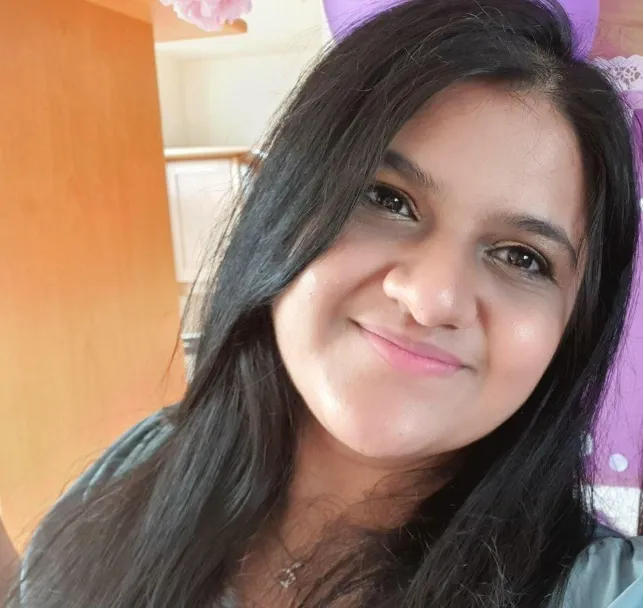
Sabriyah Madhi.
Image: Supplied
- Sabriyah Madhi, 24, of Sunningdale in Durban, said on paper, all individuals in South Africa had rights.
"However, there is still unequal access to rights. Until we address a multitude of socio-economic challenges and increase attempts to educate more South Africans about the full extent of their rights, the sad reality is that a large population of South Africa will have unequal access to rights."
Madhi, a youth activist, said the problems faced by the youth was a reflection of the problems faced by the country.
“South Africans are grappling with issues such as unemployment, corruption and mismanagement, lack of basic services and GBV. The majority of the youth of this country want to break free from poverty and build a life for themselves and their families. But the sad reality is that despite the effort from young people, there are not enough opportunities in South Africa to cater for the youth of this country.”
Madhi said a multi-pronged approach was required with joint efforts from the youth, government and the private sector.
“A starting point would be for the private and government sector to increase funding opportunities so that finance will no longer be a limiting factor for young people to study further and build their skillset. Secondly, there needs to be more job opportunities provided for South Africans. Most importantly, we need youth to be at the forefront of discussions, rather than a tick-box exercise.”
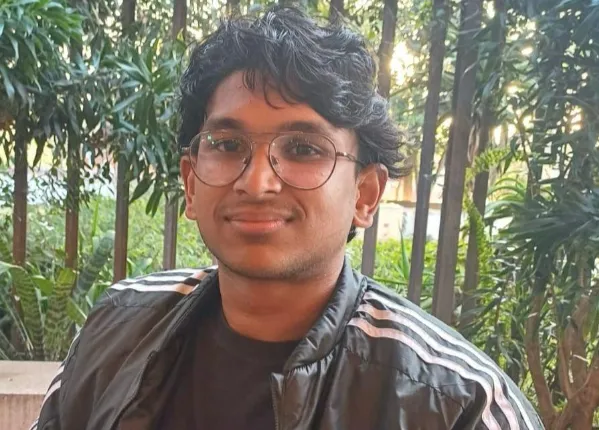
Thiagan Pillay.
Image: Supplied
- Thiagan Pillay, 21, of Chatsworth in Durban, a third year Bcom finance and economics student at UKZN, said: “We need to start working together in communities to educate the youth on how to become independent and create their own opportunities. In a country like ours, where a lot of the population live on or below the poverty line, they lack opportunity, so they look to the government to provide them with opportunities. If they are not addressed a lot of the issues we face in society will increase and eventually lead to higher rates of inequality and disparity among people.”
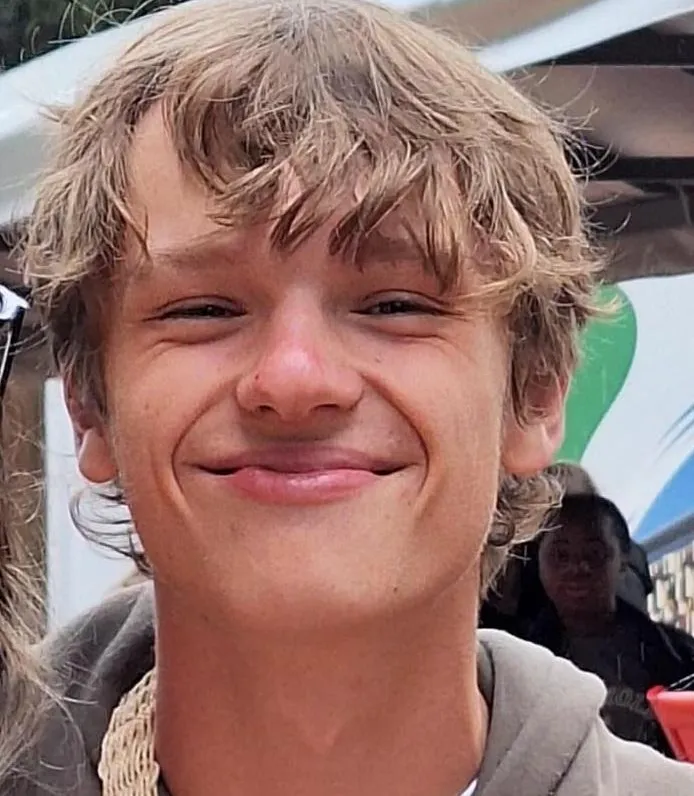
Duff de Necker
Image: Supplied
- Duff de Necker, 18, of Kloof in Durban, a youth activist said one of the greatest challenges faced by youth was unemployment and political illiteracy.
“However, the youth has grown cynical and are disinterested with the nation's politics, and this is why change is so slow to happen. The youth of the '70s, '80s, and '90s were revolutionary. But many young people of today are comfortable in ignorance. The youth need to learn about the freedom fighters of the past and employ the same revolutionary mindset in pushing for positive change in contemporary South Africa. If the youth don’t claim its spot in the struggle for progress, South Africa is doomed to stagnation and a future of struggle, hardship and brain drain.”
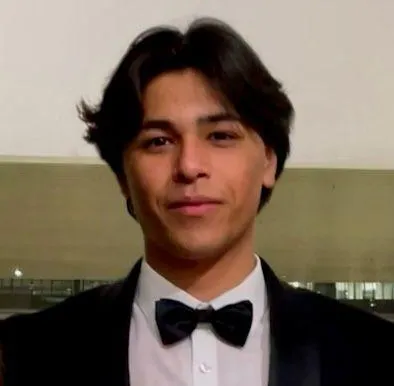
Thaafir Mustapha
Image: Supplied
- Thaafir Mustapha, 20, of Athlone in Cape Town, said: “While we have a Constitution that allows people to demand their rights from the government, the reality is that millions of South Africans live in poverty, and those that don’t can point out a concern elsewhere that affects them, for instance, crime.”
Mustapha, a second year Bachelor of Law student at UCT, said with one of the gravest unemployment rates, the youth are faced with a future that looked bleak.
“This makes education so important. The data shows that higher education increases the chances of landing a job. In addition, the mere exposure to opportunities or evolution in thinking and ideas can contribute to creating solutions to address critical issues such as unemployment.
“The youth make up a sizable majority of our country. We therefore have the numbers, time, imagination and idealism to spearhead change. We need to start by showing up and stop asking for permission to make a change which includes registering to vote. The reality is that if we don’t do something now, then we will inherit something much worse in the future,” he said.